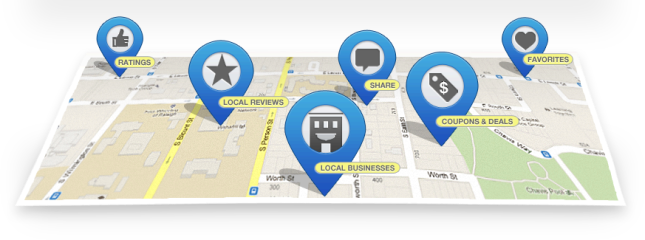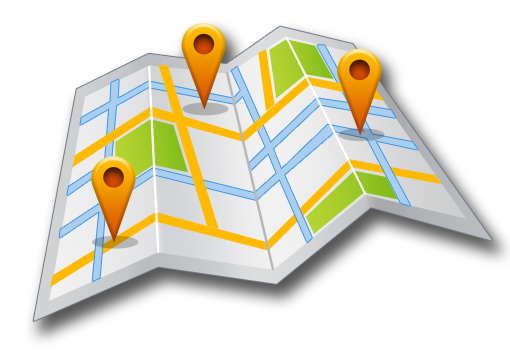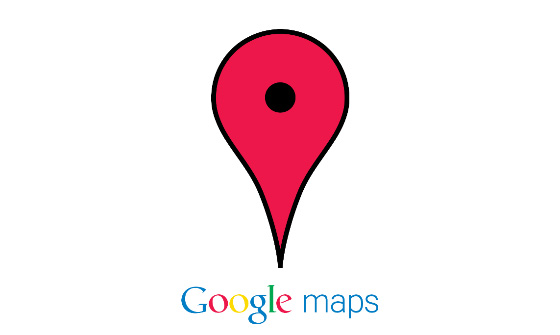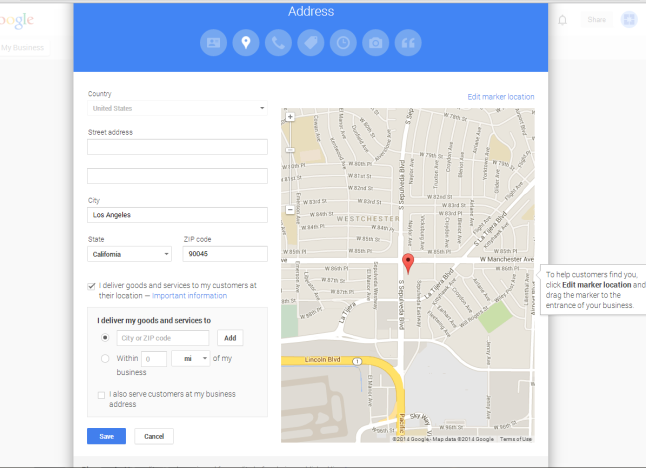Back to Basics #22: Small Business Marketing for Local Storefronts
/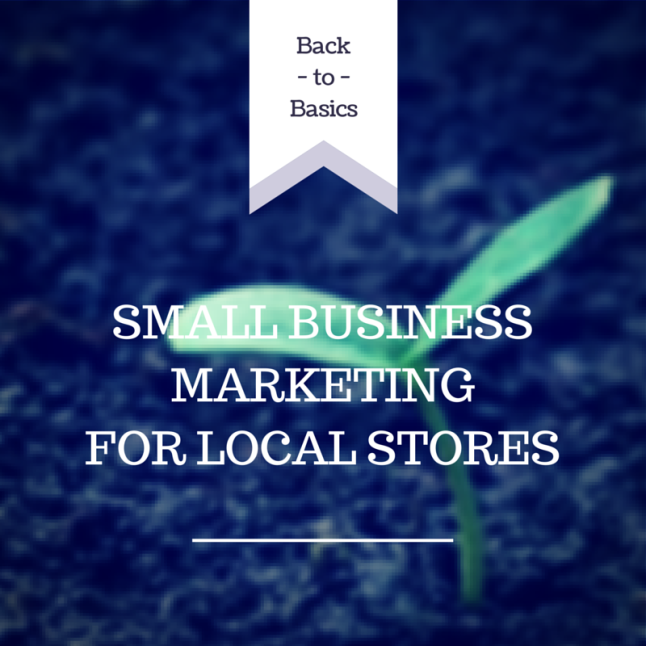 Here at Internet Local Listings, we focus on helping our small business clients with all of their online marketing needs—social media, websites, and managing local listings for a variety of business directories. This is an important part of your small business marketing plan, because being seen online is integral to your success as a business in the modern marketplace. And, as you know, it can be a bit confusing and time-consuming to handle all this on your own. Having help is a great asset in this case.
Here at Internet Local Listings, we focus on helping our small business clients with all of their online marketing needs—social media, websites, and managing local listings for a variety of business directories. This is an important part of your small business marketing plan, because being seen online is integral to your success as a business in the modern marketplace. And, as you know, it can be a bit confusing and time-consuming to handle all this on your own. Having help is a great asset in this case.
However, what we aren't able to help with is the management of your storefront. That might sound obvious, but an important aspect of small business marketing that many people overlook is the effect that a storefront's appearance can have on a customer. You already know that first impressions matter when you're on a job interview or first date, and the same can be said of a customer's first visit to your business—a store's appearance can have tremendous influence over whether a person chooses to return or not. In this article, we'll talk a bit about how appearance can affect a customer's decision to purchase or leave, as well as how keeping your store beautiful can help create more online interactions and engagement.
A Storefront's Appearance Matters.
According to a study done at Retail Customer Experience, more than two-thirds of the surveyed group had avoided a store simply because the storefront was unattractive, outdated, or dirty. Although it might be a bit difficult to make a building look newer than it is (particularly if you share the building with other offices and have no control over renovations), it's always possible to keep the inside of your store looking neat and tidy.
Image from I Loved New York.com
Keep the Place Smelling Fresh.
Aside from keeping your store's appearance tidy and clean, you're going to want to make sure it smells okay. This might seem as obvious as keeping it clean, but if you're, say, a car mechanic and you're used to the smell of oil, you might not realize how off-putting it can be to some people. While you obviously can't control the smell of the vehicles you're working on in your shop, you can control the smells in the lobby. Brew some fresh coffee. Set up snacks. Keep everything wiped down and clean; keep the doors to the shop closed to prevent extra noise and smells sneaking in. Finally, you may want to use this as an opportunity to promote some great-smelling air fresheners!
This goes for any industry, however. Even if you run a bookstore (and many people love the smell of books), make sure that everything is clean without overdoing it on the “chemical” smell.
The “First Ten Feet” Rule.
According to Rick Segel, author of Retail Business Kit for Dummies, you must offer a price-sensitive incentive for customers to continue shopping within the first 10 feet of the door. For example, this could be a special offer you're running, a promotion for your store's top-selling product, or even a poster board offering information on local community events. Whether you're in the business of selling auto parts or you offer home cleaning services, you can always find some related community events or classes that would appeal to your clientele. Don't be afraid to get creative—have some of your customers asked questions about the availability of a specific product? Have they asked where you could learn more about your business? Maybe they just simply get lost on the way to the bathroom! Do whatever you can to help them feel welcome and at home in your store, and they'll be likely to remain long enough to explore. Plus, you may just earn yourself a repeat customer!
Maintain Your Store's Fixtures.
Sometimes your store is clean, your employees are welcoming, and the place is set up to draw the customers in—but people just aren't staying. You're confused and you're wondering what could be going wrong.
- Take a step back from your store. Walk into it again as if it were the first time you'd ever set foot in it. Now, you're probably so used to it that this will be difficult for you, but try really hard to place yourself in your customers' shoes. Here are some key things to look for:
- Are your displays are neatly arranged? Do they look up-to-date? An old, faded poster or a messy stack of “clearance” products might make your store look disorganized.
- Do the lights seem too dim or too bright? If they're too dim, it might make your store look unwelcoming or shady—which is, naturally, off-putting to customers. If your lights are too bright, it can make customers feel uncomfortable, too, because who wants to feel like they need to wear sunglasses inside of a store?
Finally, make sure your staff is friendly and welcoming.
Make sure there's always a manager or knowledgeable person available to answer your customer's questions. And of course, ensure everyone looks his or her best to keep with the professional appearance you've worked so hard to instill in your store.
The wonderful part of keeping your storefront clean and inviting is that it will cross over into the online realm. People will be happy to leave you positive reviews. They'll want to follow you on Facebook or Twitter to see what your new specials are. They'll refer friends and family. Remember that this is all part of the bigger picture--getting the word out about your fantastic business!
Small business marketing is complex. It's a mixture of online finesse as well as a little bit of good, old-fashioned business skills. While the marketing experts at Internet Local Listings can help you with the internet marketing part of the equation, we can only offer tips for the local aspect of it! We hope you've found these helpful!
If you have any tips or suggestions, leave them in the comments below! And be sure to subscribe for regular updates from our small business marketing blog.








